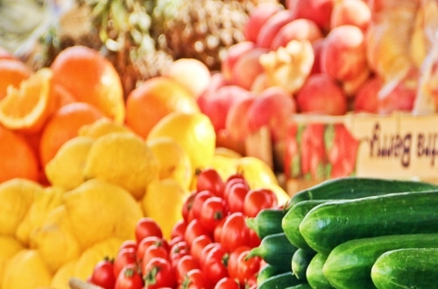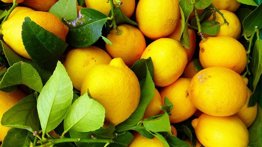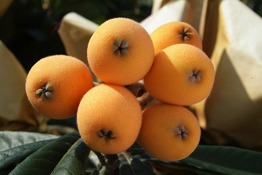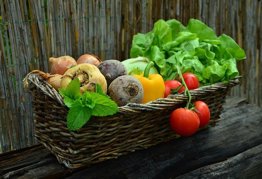Cheshvan Shemitah Update

The shemitah year is already here, and the prohibitions of working the soil are in full force: it is forbidden to work in the garden or field, aside from harvesting fruit that began growing before the shemitah year. This harvest is permitted in the usual fashion.
Think ahead
Prevent spring weeds by spraying herbicide before the first rains of Cheshvan.
Shemitah produce in the marketplace
Shemitah produce is already available in the marketplace and we need to pay attention to what we are buying:
🍎 Fruit
Only fruits that began growing during the shemitah year have kedushat shevi'it (shemitah sanctity). Most of the fruits in the marketplace now began growing before shemitah, so they are not sacred. Exceptions include: kobo, pitaya, and starfruit. During Cheshvan such fruit that began growing during shemitah may arrive on the market.
🥕Vegetables
Any vegetable harvested during the shemitah year has kedushat shevi'it. This is true for vegetables and herbs in your garden and of the many vegetables that arrive in the marketplace. For this reason, it is important to purchase vegetables with kashrut certification. We recommend buying produce with kedushat shevi'it.
During this time, vegetables that were planted after the beginning of the shemitah year are beginning to appear in the market, which makes them more halachically problematic due to the sefichin prohibition: basil, chard, chives, coriander, cucumbers, dill, lettuce, parsley, radish, strawberries, squash, and turnips.
There are vegetables harvested only later on, so the produce currently in the marketplace is not from the shemitah year. These include: artichoke, garlic, and potatoes.
There are also vegetables that are not generally grown in Israel, so shemitah laws do not apply to them. These include: dried beans, lentils, okra, soy, and rice.
🌹 Flowers
Until now, most flowers sold in Israel were planted before Rosh Hashanah. This month, flowers planted during shemitah will begin to appear in the marketplace. Halachic issues are primarily for: craspedia (billy buttons), roses, scabious, and tweedia. When purchasing these flowers, be sure to only buy them from stores with kashrut supervision (which means they were grown on detached platforms) or a certificate of heter mechirah.
For a list (Hebrew) of nurseries that perform heter mechirah, click here: https://www.toraland.org.il/89250
Over the next few months, specific information will be posted on the shemitah calendars about various flowers throughout the year.
It is also preferable to buy other flowers with kashrut certification, to ensure that no forbidden activities were performed on their behalf and to avoid assisting wrongdoers.
New WhatsApp group
The English Department at Torah VeHa'aretz Institute has now opened a WhatsApp group for shemitah updates. This is a quiet group and updates will be posted by administrators only. Questions can be sent privately to administrators. We welcome you to join and share the link:
https://www.toraland.org.il/linker/wa-english/
All you need to know about shemitah in English: https://en.toraland.org.il/beit-midrash/articles/shemitah/
Chodesh tov!
Rabbi Moshe Bloom, 0528903729
English Department Director, Torah VeHa'aretz Institute




